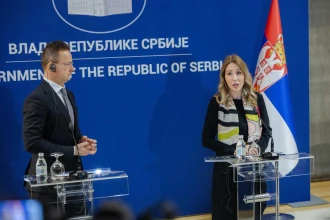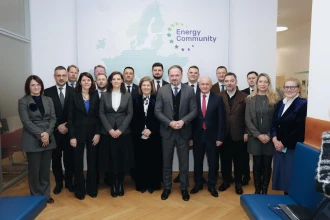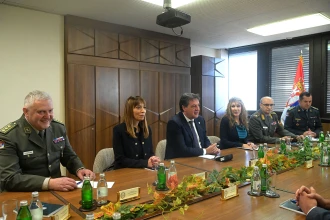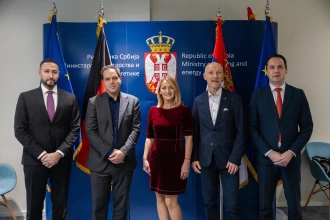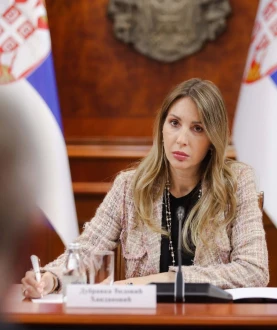Assistant Minister for Oil and Gas, Saša Koković, stated during the 11th Ministerial Meeting of the Southern Gas Corridor Advisory Council in Baku that Azerbaijani gas is part of the solution for enhancing energy security in Serbia, as well as the wider region.
Azerbaijani Gas Seen as Part of the Solution for Greater Energy Security; Agreement on Gas Power Plant Construction Expected Soon
"Until recently, Serbia had only one source and two routes for gas supply. With the completion and commissioning of the Serbia-Bulgaria gas interconnection in December 2023, Serbia is now additionally connected to the TANAP gas pipeline, i.e. the Southern Gas Corridor. This marks the first time we are diversifying our natural gas supply sources, connecting us to gas sources from the Caspian region and the Middle East, as well as to the LNG terminal in the Greek port of Alexandroupolis," said Koković.
He also emphasized the long-standing friendship and strategic partnership between Serbia and Azerbaijan across various sectors.
"We have recognized Azerbaijan as one of our key partners in diversifying gas supply sources. Following the completion of the Serbia–Bulgaria interconnector, we reached an agreement in Baku for deliveries of up to 400 million cubic meters of gas per year from Azerbaijan by 2026 — a volume that could potentially triple in the future. A significant milestone for natural gas supplies this year was the signing of a contract securing daily gas deliveries of one million cubic meters, which has substantially improved Serbia’s energy security," said the Assistant Minister.
He also noted a shared interest in cooperating on the construction of a gas power plant in Serbia.
"Given that Azerbaijan generates most of its electricity from gas-fired power plants, and that the two countries are physically connected through the Southern Gas Corridor, there is a shared interest in cooperating on the construction of a gas-fired power plant in Serbia. In the coming period, we expect to deepen the strategic partnership with Azerbaijan and sign a cooperation agreement on this project," said Koković.
Koković emphasized Serbia's position that natural gas, as a transitional fuel in the energy transition, remains essential for ensuring energy stability and baseload energy to support the development of renewable energy sources.
He stated that Serbia will have two additional gas pipelines over the next three years, connecting it to North Macedonia and Romania. "We are open to strengthening cooperation with both countries in our region and with partners from Central Asia, as well as to participating in regional initiatives and projects that would enable greater energy security and security of supply, and help us better navigate the challenges brought about by the energy crisis," Koković concluded.


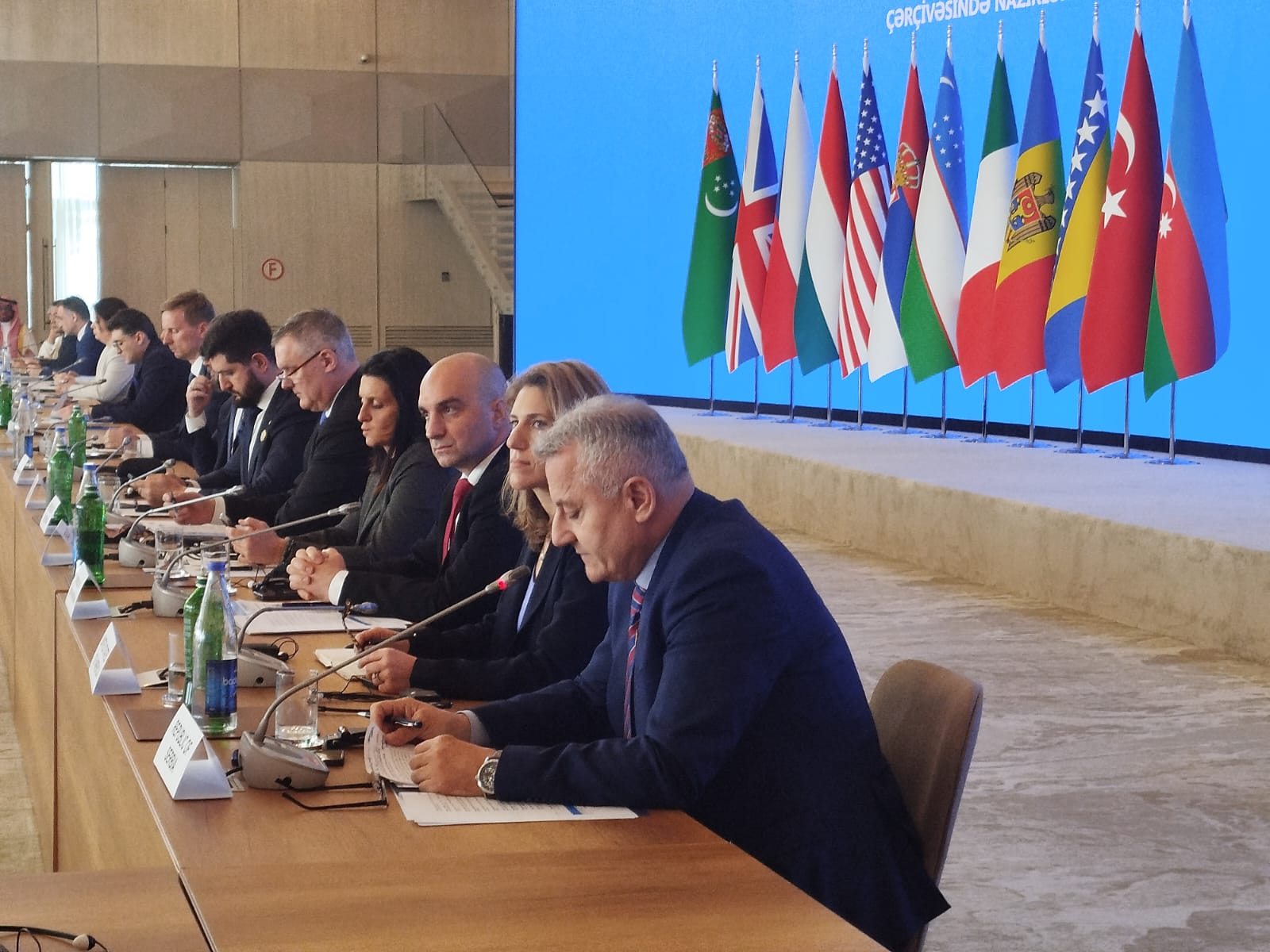
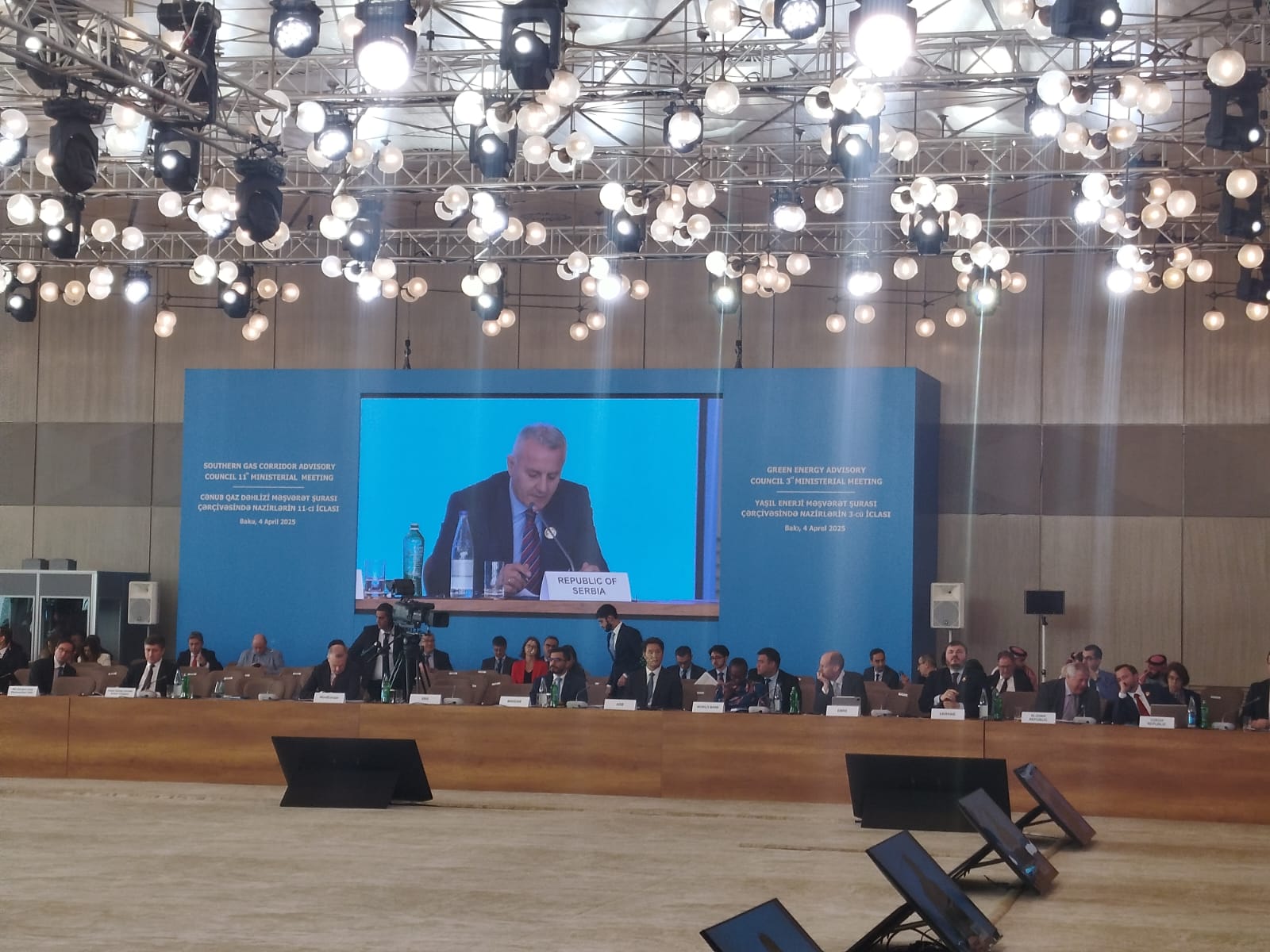
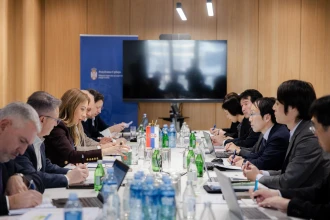
.webp)
